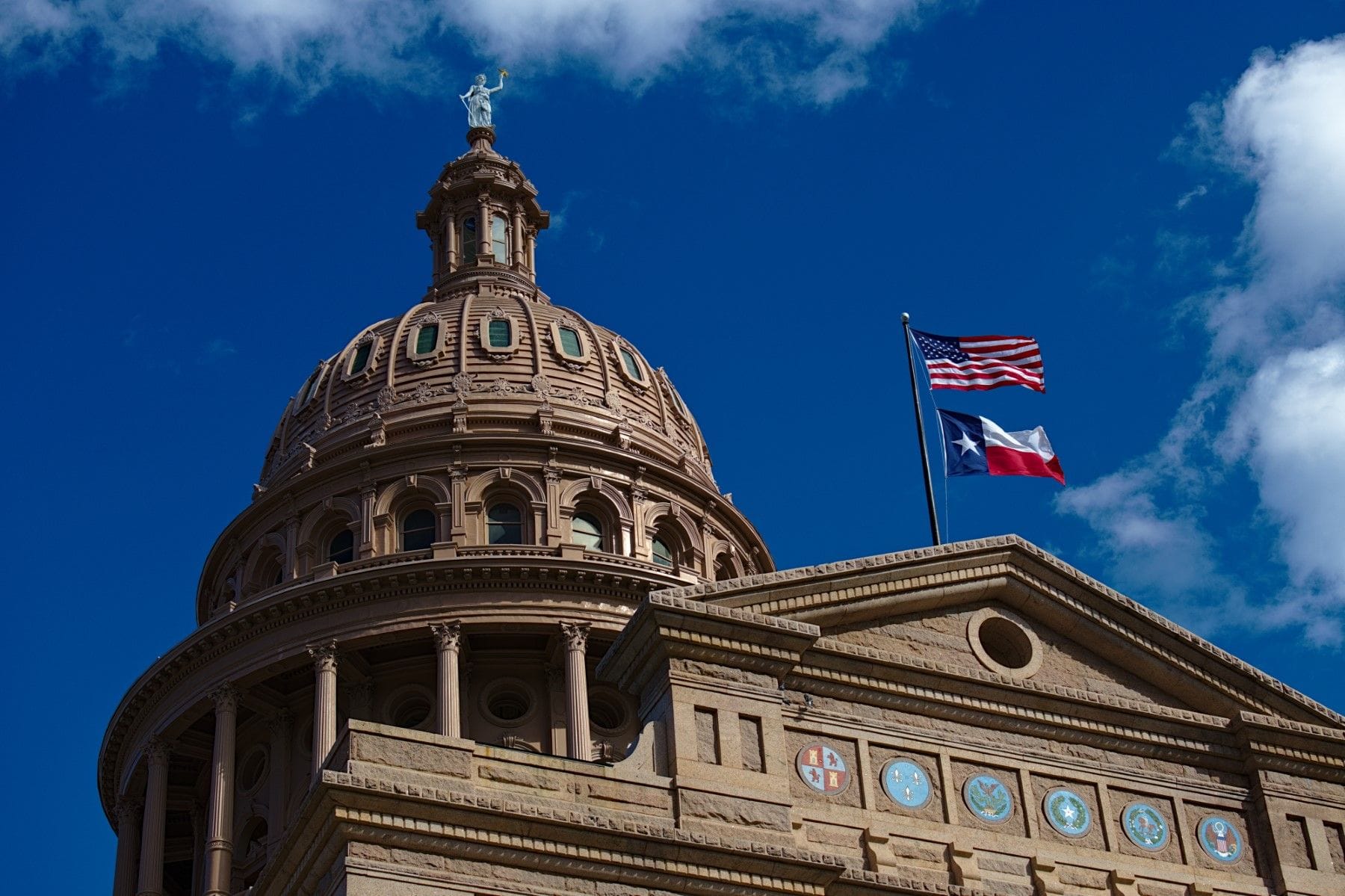Texas Expert Witness Disclosure Requirements
Texas requires timely expert witness disclosures, detailing qualifications, opinions, and prior testimony, to ensure fairness in litigation and avoid severe penalties.
Updated on
In this article
When Are Expert Witness Disclosures Required in Texas?
Expert witness disclosures in Texas are governed by the Texas Rules of Civil Procedure (TRCP), specifically Rule 194.2(f). These rules mandate that parties must disclose expert witnesses they intend to call at trial. The timing of these disclosures is crucial and varies depending on the court's scheduling order and the nature of the case. Generally, initial expert disclosures are required at least 90 days before the end of the discovery period if the expert is testifying for the party bearing the burden of proof. For rebuttal experts, the deadline is typically 60 days before the end of the discovery period.
In certain complex cases, the court may issue a case-specific scheduling order that modifies these default timelines. It is essential for attorneys to be aware of any such modifications to ensure compliance with court orders. Additionally, parties must adhere to supplemental disclosure timelines, providing updates as new information becomes available or as the expert's opinions evolve.
Information That Must Be Included in the Disclosure
Texas Rule of Civil Procedure 194.2(f) outlines the specific information that must be included in an expert witness disclosure. This includes:
- Expert Qualifications: A comprehensive account of the expert's qualifications, such as education, training, and professional experience relevant to the case.
- Opinions and Bases: A summary of the expert's opinions and the factual basis for those opinions, including data and methodologies employed.
- Data Considered: All data or other information considered by the expert in forming their opinions must be disclosed.
- Fee Structures: A statement of the compensation being paid to the expert for their services, including any reimbursement for expenses.
- Prior Testimony: A list of other cases in which the expert has testified in the past four years, including case names and jurisdictions.
This detailed information allows opposing parties to adequately prepare for depositions and cross-examinations, ensuring that the trial process remains fair and transparent.
Supplementing and Amending Expert Disclosures
Under the Texas Rules of Civil Procedure, parties have a duty to supplement or amend expert disclosures if there is a change in the expert's opinions or if new information arises that affects the expert's testimony. Rule 193.5 mandates that supplementation should occur reasonably promptly after the party learns of the need to amend the disclosure. Failure to supplement expert disclosures can result in significant consequences, including the exclusion of expert testimony or other sanctions.
To avoid these issues, attorneys should establish a robust system for tracking changes in expert opinions and ensure timely communication with their experts. Regular updates and consultations with the expert can prevent last-minute surprises and help maintain compliance with disclosure obligations.
Consequences of Failing to Properly Disclose an Expert
The failure to properly disclose an expert witness in Texas can lead to severe penalties. The most immediate consequence is the potential exclusion of the expert's testimony at trial, as outlined in Rule 193.6. This exclusion can severely impact a party's ability to present its case effectively. Additionally, a motion to exclude the expert may be filed by the opposing party, further complicating the litigation process.
Sanctions may also be imposed on parties who fail to comply with disclosure requirements. These sanctions can include monetary penalties, adverse inference instructions to the jury, or even dismissal of claims or defenses. Beyond these direct consequences, inadequate disclosures can damage an attorney's credibility and negatively affect the outcome of the case.
State-Specific Rules and Key Considerations
While Texas follows many principles similar to the Federal Rules of Civil Procedure, there are notable differences and state-specific rules that legal professionals must consider. For instance, Texas Rule of Evidence 702 emphasizes the need for expert testimony to be based on a reliable foundation, consistent with the Daubert standard, which was adopted in Texas through the case E.I. du Pont de Nemours & Co. v. Robinson, 923 S.W.2d 549 (Tex. 1995).
Additionally, local court rules may impose specific requirements or variations in the disclosure process. Attorneys practicing in Texas should familiarize themselves with both statewide and local rules to ensure comprehensive compliance. Consulting with experienced local counsel or legal experts can provide valuable insights into navigating these complexities effectively.
In conclusion, understanding and adhering to the expert witness disclosure rules in Texas is vital for any legal professional involved in litigation. By meeting disclosure deadlines, providing comprehensive information, and promptly supplementing or amending disclosures, attorneys can avoid the pitfalls of non-compliance and enhance their case's chances of success.


